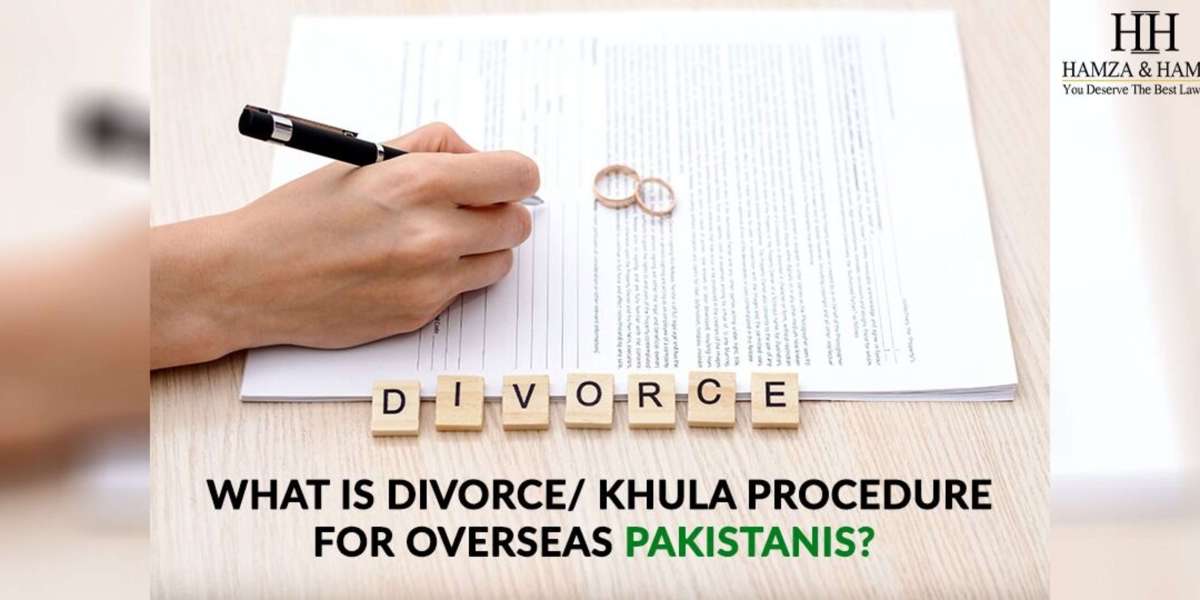In Pakistan, Khula—a woman's right to seek divorce through court—stands as a powerful yet often misunderstood legal tool. While it is rooted in Islamic principles and acknowledged under Khula Procedure In Pakistan, the procedure brings with it not only legal formalities but also social, emotional, and financial challenges. So the real question is: Does Khula provide women with a fair and accessible route to freedom, or is it merely a legal compromise masked as empowerment?
What Is Khula?
Khula is a legal right granted to Muslim women under Islamic law and codified in Pakistani statutes, allowing them to seek dissolution of marriage without the husband’s consent. It differs from Talaq (a husband's right to divorce), as it must be granted through the Family Court and typically involves the woman returning her Haq Mehr (dower) or other financial settlements to the husband.
The relevant law is found in the West Pakistan Family Courts Act, 1964, particularly Section 10, which allows a woman to claim that she can no longer live with her husband “within the limits prescribed by Allah.” If the court is satisfied with this reasoning and reconciliation fails, a decree for Khula is granted.
The Legal Procedure of Khula in Pakistan
Filing a Suit: The woman files a petition in the Family Court, citing valid reasons such as abuse, neglect, or incompatibility.
Issuance of Summons: The court issues notices to the husband and initiates reconciliation efforts.
Reconciliation Attempts: Pakistani family courts are legally obligated to attempt reconciliation through multiple hearings. If efforts fail, the court proceeds with the case.
Return of Haq Mehr: The wife is generally required to return the dower amount and possibly other financial benefits received during the marriage.
Decree of Dissolution: If reconciliation fails and the court finds the wife’s reasons justifiable, it issues a decree for Khula.
Union Council Registration: The decision is forwarded to the Union Council, which formally registers the divorce and issues a certificate after a 90-day period.
Challenges Faced by Women Seeking Khula
Despite being a recognized right, women in Pakistan often face hurdles in accessing Khula under Khula Procedure In Pakistan, including:
Cultural and Family Pressure: Many women are discouraged from pursuing divorce due to societal stigma and family opposition.
Financial Disadvantage: Returning Haq Mehr and other settlements can leave women in a vulnerable position, especially if they were financially dependent on their spouse.
Lack of Legal Awareness: In rural and conservative areas, many women are unaware of their legal rights or lack access to competent legal representation.
Judicial Delays: Court procedures, while improving, can still be time-consuming and mentally draining.
Is Khula Truly Empowering?
In theory, Khula is an empowering provision that allows women control over their marital fate. In practice, however, it often comes with emotional strain and financial compromise. The process may be legally sound, but social dynamics and patriarchal mindsets can limit its effectiveness.
For Khula to be truly empowering, broader reforms are necessary—such as legal aid for women, quicker court processes, education about marital rights, and changes in societal attitudes toward divorced women.
Role of Legal Support
Proper legal guidance can be crucial in making the Khula process less burdensome. Hamza & Hamza Law Associates, a leading law firm in Pakistan, has a strong track record in family law, particularly in handling Khula cases. Their expert legal team provides personalized support, ensuring that clients are fully informed, fairly represented, and treated with dignity throughout the process.
Conclusion
The Khula procedure in Pakistan represents both a legal right and a societal challenge. While it offers an essential avenue for women to free themselves from unhappy or abusive marriages, the process is often laden with emotional and financial costs. With growing awareness and professional legal assistance from firms like Hamza & Hamza Law Associates, Khula can evolve from a difficult choice into a just and dignified solution for women seeking independence and respect within the bounds of the law.



